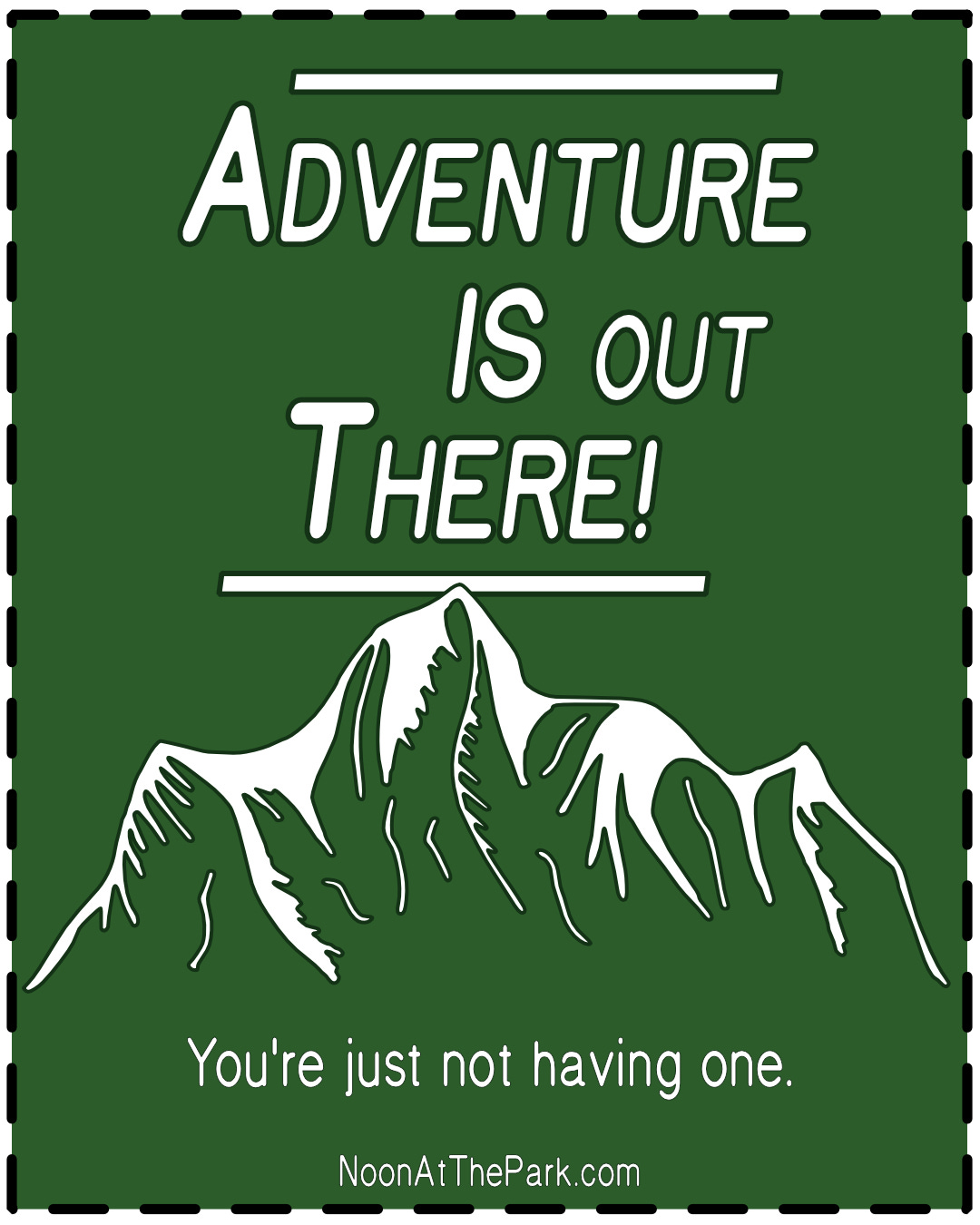A Facebook friend recently posted a selfie with his fiance beaming from the lido deck of a 70,000-ton cruise ship. He posted this caption: “Setting off on a week-long adventure!” I wasn’t on the ship, of course, but those words still left me nauseous and seasick. You see, there’s nothing remotely “adventurous” about their voyage.
Had he truly been looking for “adventure”, my friend might have paid cash to a one-eyed man named Snake for passage on a dirty shrimp trawler to an undisclosed location off the coast of Somalia in the midst of monsoon season. But instead, he stepped aboard a virtually unsinkable floating city bound for the British Virgin Islands.
Stem to stern, cruise ships are engineered and operated to cater to comfort, convenience, and (in a preemptive bid to thwart lawsuits) personal safety. The captain and crew are equipped with state-of-the art communication and navigation systems. Muster drills are conducted, life jackets are provided, alarm systems are tested, and lifeguards stand watch over every pool. Food and drink are offered in copious quantities every waking hour (and sometimes at midnight!) And should anyone overindulge in gluttony, get a sunburn, or suffer motion-sickness, an onboard medic is always on call.
And yet, my friend wants to pretend his experience is somehow akin to that of a lone, ancient Polynesian voyager crossing the breadth of an uncharted ocean in an outrigger canoe guided only by frigate birds and Polaris. My friend wants to pretend he’s having an “adventure”.
As an idea, “adventure” is exhaustingly misapplied, misused, and carelessly thrown about. Across social media, personal memoirs, and advertising, the most mundane and common experiences are routinely spun as “adventurous”. RV rental companies ask prospective clients if they are “looking for an adventure.” Automobile manufacturers promise “adventure that knows no limits.” Theme parks promise entire “islands of adventure.” Even suburban, indoor trampoline parks in strip malls invite kids to “choose your adventure.” But in truth, each experience is as carefully engineered and enjoyed en masse as my friend’s nautical nonsense.

True adventures do exist, but they are a rare confluence of grave and unsavory traits. The possibility for adventure exists only when previous human experience is extremely limited and there is a high probability of an unintended (read, fatal) outcome.
It doesn’t take too much imagination to recall endeavors that clearly check both boxes. The intrepid few who seek to conquer our tallest, most perilous peaks are ever-mindful of the ultimate cost of failure. Those that selflessly muster the courage to aid those sick and dying of untreatable, infectious disease do so with an unparalleled sense of purpose. And astronauts that continually push the spatial boundaries of universal exploration bravely do so at their own mortal peril.
And of course, the call to adventure is only sometimes voluntarily assumed with valor. The need to embark on adventure can also be thrust upon the unwitting. Outdoor enthusiasts who encounter freak accidents in the wilderness are sometimes forced to take drastic measures to escape death. Soldiers drafted to defend domestic ideals in hostile foreign territories suffer daily uncertainty in the process. And for passengers on the Titanic, the voyage aboard the world’s largest ship was merely a novel experience. The true “adventure” began only when the ship went sideways.
Adventures are undertaken sometimes for survival, sometimes for the advancement of science, sometimes to safeguard human health, sometimes for fame, sometimes for cheap thrills, and sometimes merely to test the limits of human possibility. But absolutely none are undertaken for the purpose of buying weed at a Jamaican port of call to smuggle aboard your inside stateroom.
You begin to see how conflating extraordinary “adventure” with commonplace experience devalues not just the idea, but the adventurers themselves. The ordeals of wartime soldiers are immeasurably different from the escapades of prepubescent teens jumping on a trampoline. Braving the corkscrew of a theme park rollercoaster is not synonymous with rocketing into space aboard a missile. And emptying the black tank of your RV at a campground dump station scarcely compares to summiting K2.
For the vast, overwhelming majority of us, little to nothing we experience is truly a life-affirming, mind-altering, exertion of physical and mental fortitude. And that’s okay! Our experiences are still personally meaningful, important, and powerful. So why can’t we forgo the odd urge to fraudulently “spin” our experiences to invoke the highest possible level of admiration and envy from our friends and family. I pray for the day when we are no longer compelled to describe a simple, week-long road trip as if it was a months-long journey across the barren Kalahari on camelback with only a pint of water and a box of Cracker Jack.
But sadly, our culture presently thrives on inflated self-importance and vanity, and I’m afraid the drive to oversell our lives won’t soon abate. Instead I’m forced to stew in my convictions, and—for now—play nice with my friends online.
“Hope its a good time!” I comment on my Facebook friend’s post. But secretly, I pray Poseidon brings them heaving seas beneath a maelstrom of monstrous proportions. Maybe then, they’ll find true “adventure” out on the lido deck.
Do you have a delusionally “adventurous” friend? Clip and share this helpful reminder with them!





